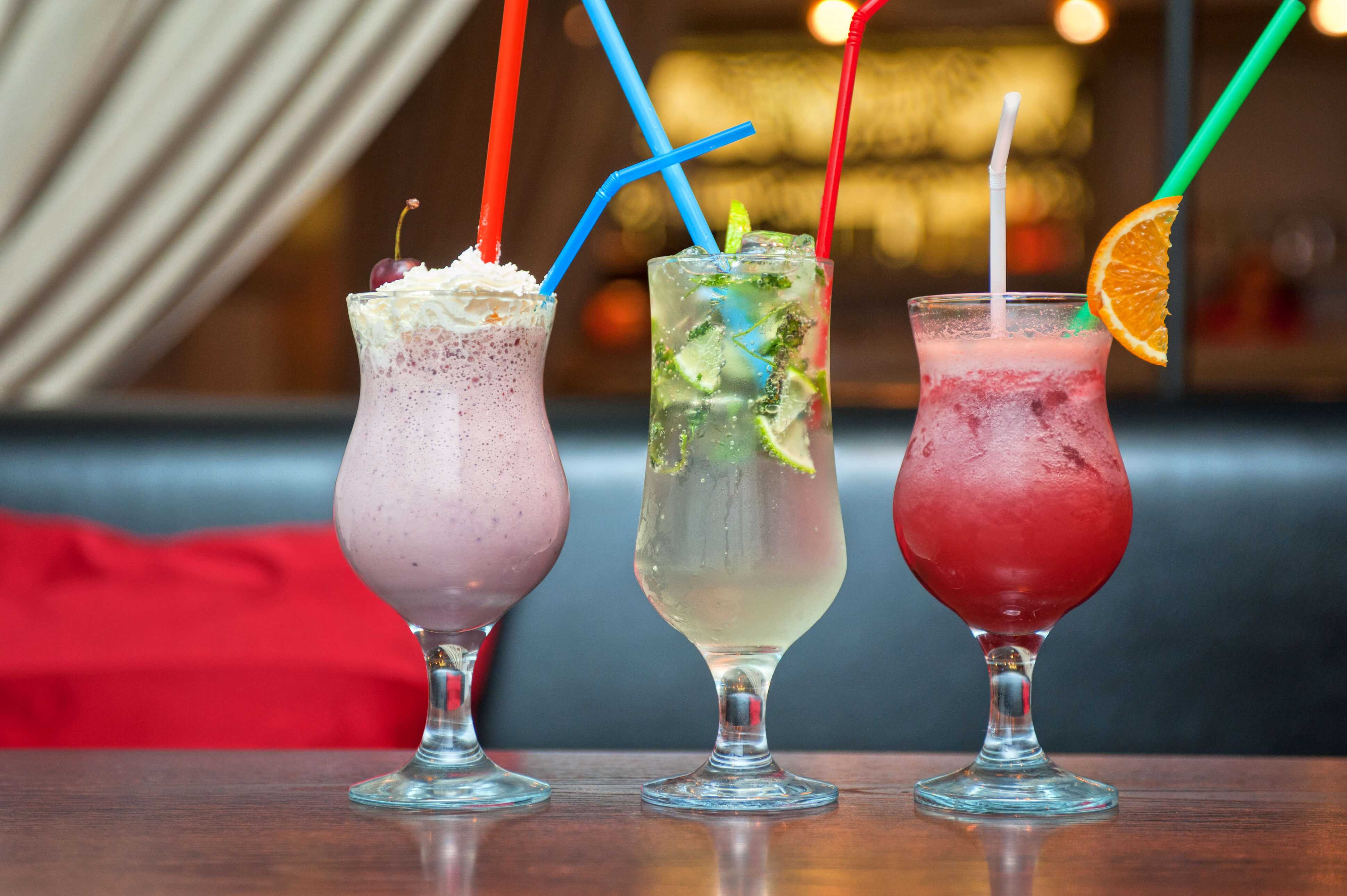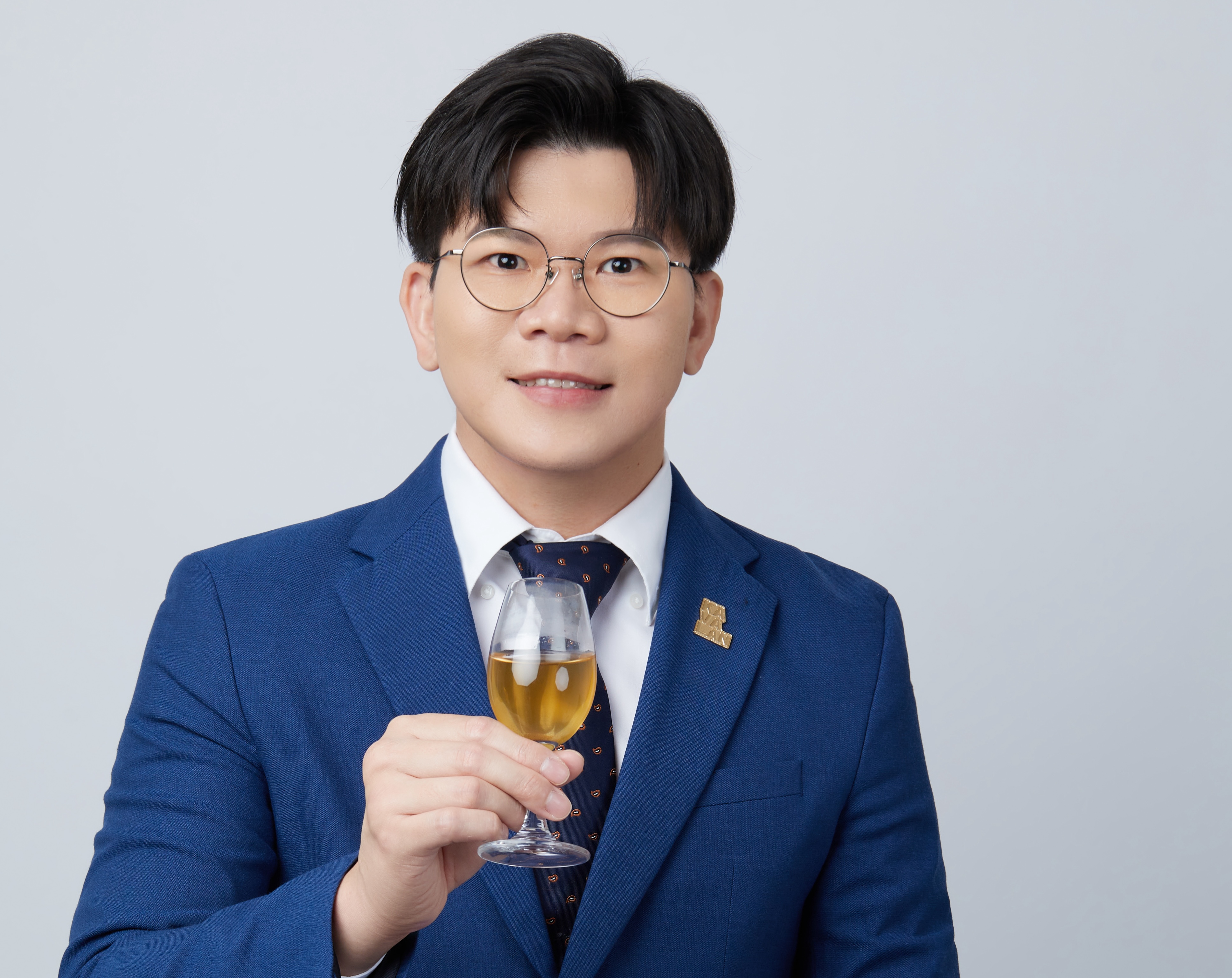July 15, 2025
Retailers respond as the "sober-curious" movement gains momentum in the channel
Retailers such as Gebr. Heinemann are integrating wellness into their category strategies by broadening their product mix and challenging traditional definitions of indulgence

Recent m1nd-set data shows growing interest in the “sober-curious” lifestyle. 59% of Gen Z travelers plan to reduce alcohol intake in 2024, a 43% increase from last year. Their motivations align with wellness goals: 65% want to improve physical health, 58% want to focus on mental wellbeing and 44% seek cost savings, highlighting how financial wellness also factors into their choices. Mocktails lead substitutes, with 36% choosing non-alcoholic mixed drinks when flying or shopping.
Retailers such as Gebr. Heinemann are integrating wellness into their category strategies by broadening their product mix and challenging traditional definitions of indulgence in travel retail. This includes no- and low-alcohol options, next-generation tobacco alternatives and an expanded range of wellness-oriented products, including healthy snacking.


Shifting spirits
Gebr. Heinemann’s mantra to “turn travel time into valuable time” guides curation of categories that meet the needs of health-conscious, experience-driven travelers. “We bring a long-term view and entrepreneurial agility to category development,” says Niels Altmann, Head of Buying for Tobacco.
Heinemann treats alternative nicotine products as a category-wide transformation, offering heated tobacco, vapes and oral nicotine pouches – also known as Next Generation Products (NGPs) – for younger travelers seeking discreet, tech-enabled and flavorful options without traditional tobacco’s stigma or health risks.
Manuel Schilling, Head of Buying for Spirits, notes that demand for low- and no-alcohol beverages remains stronger in social settings such as bars and curated events than airport retail, but that Heinemann is still preparing for rising interest. “While we haven’t yet seen a significant shift in demand within travel retail, we continue to ensure that our assortment reflects broader consumer trends,” he explains.
Where wellness-driven momentum shows up depends on category and location. For nicotine alternatives, Frankfurt and Vienna are standout hubs. “NGPs are outperforming expectations in these markets, confirming travel retail’s role as a platform for discovery and trial,” says Altmann. On the spirits side, the Nordic region leads globally in demand for low- and no-alcohol products. “This trend is shaping our category planning and assortment strategy as we continuously track and adapt to regional preferences,” adds Schilling.
The new buzz
Heinemann positions discovery as the gateway to wellness-driven change, centering its strategy on in-store engagement and sensory experiences that promote exploration.
“We feature branded category zones, staffed engagement tables and interactive merchandising designed to demystify NGPs,” explains Altmann. “Our experience shows that education at the point of sale significantly lifts engagement. It’s less about selling a product, and more about offering a moment of discovery.” That sense of discovery matters for travelers curious about NGPs but unsure about how they function or how they fit into routines or health goals.
Schilling reinforces this approach, pointing to the effectiveness of the “liquid to lips” model within the spirits category, which includes sampling, tastings, and brand experiences. “These activations can generate strong initial interest, but maintaining momentum afterward remains a challenge,” admits Schilling. Heinemann tackles this challenge by collaborating with global brands pushing category boundaries. “These collaborations are grounded in transparency, reliability and mutual commitment, cornerstones of our company philosophy,” shares Altmann.
Recent spirits partnerships include William Grant & Sons’ Atopia 0.5% and Diageo’s Tanqueray 0.0%, products that gained traction in domestic markets and now are piloting within travel retail. “While there is curiosity around low- and no-alcohol products, sustained demand in travel retail is still developing,” Schilling says. “Again, we’ve seen that activations involving direct sampling are key to driving interest.”
Indulging intentionally
The wellness story goes beyond the mocktail glass or vape pen. Travelers across the board are making more intentional choices about what they inhale, sip and snack on. In response, Heinemann is broadening its overall wellness portfolio to include functional snacks and sustainable products, reflecting a broader shift in how consumers balance indulgence and restraint in today’s era.
“Our long-term view is shaped by a broader shift that travel retail must respond to consumers who want choice, control and reduced-risk moments, even in traditionally indulgent categories,” concludes Altmann.


.jpg)

